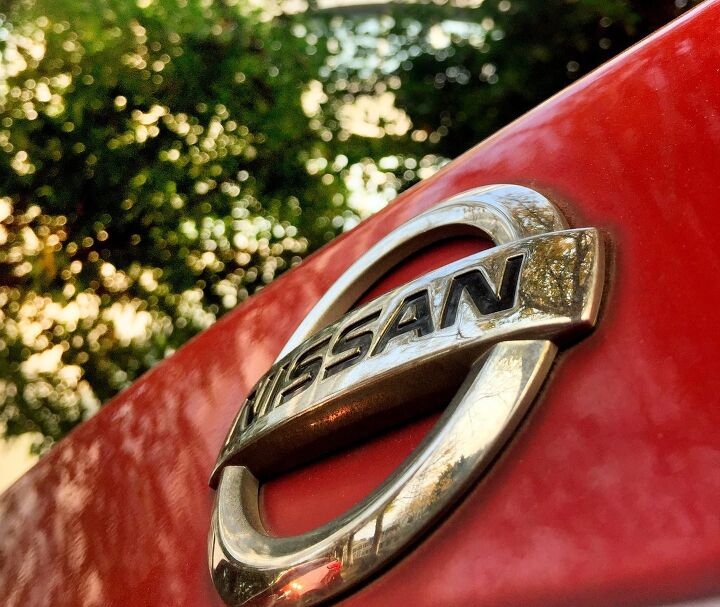Nissan Back On Track in Japan, Resumes Vehicle Production

Nissan is resuming production at five of its domestic plants this Tuesday after Japan’s transport ministry finally approved changes to the improper final-inspection procedures that forced a major vehicle recall in October. The issue involved final checks being conducted by uncertified technicians, a procedure only mandated for vehicles sold within the brand’s home country of Japan. Exported vehicles aren’t subjected to it and, so far as we know, didn’t have any problems for having forgone the inspection.
However, JDM production has been suspended since October 19th and Nissan has scrambled to recall 1.2 million vehicles after being required to re-inspect everything built for the Japanese market over the last three years. That’s a large penalty for what amounts to little more than having the wrong guy eyeball a car as it rolls off the assembly line.
The company has been incredibly apologetic on the matter.
“Nissan regrets any inconvenience and concern this has caused to its valued customers and other stakeholders in Japan,” the company said in a statement form last month.
Since then, Channel News Asia has quoted the company as confirming it “has taken preventive measures aimed to ensure final vehicle inspection conforms with Japanese regulations.”
Unfortunately, the matter already cripple last month’s sales — dropping them by more than 55 percent year-on-year.
Nissan said on Monday that its factories in Tochigi, Fukuoka, and Kanagawa would resume production for the Japanese domestic market but its Kyoto Auto Works site is still waiting on ministry approval. There is no reason to assume it won’t have it soon.
[Image: Nissan]

A staunch consumer advocate tracking industry trends and regulation. Before joining TTAC, Matt spent a decade working for marketing and research firms based in NYC. Clients included several of the world’s largest automakers, global tire brands, and aftermarket part suppliers. Dissatisfied with the corporate world and resentful of having to wear suits everyday, he pivoted to writing about cars. Since then, that man has become an ardent supporter of the right-to-repair movement, been interviewed on the auto industry by national radio broadcasts, driven more rental cars than anyone ever should, participated in amateur rallying events, and received the requisite minimum training as sanctioned by the SCCA. Handy with a wrench, Matt grew up surrounded by Detroit auto workers and managed to get a pizza delivery job before he was legally eligible. He later found himself driving box trucks through Manhattan, guaranteeing future sympathy for actual truckers. He continues to conduct research pertaining to the automotive sector as an independent contractor and has since moved back to his native Michigan, closer to where the cars are born. A contrarian, Matt claims to prefer understeer — stating that front and all-wheel drive vehicles cater best to his driving style.
More by Matt Posky


































Comments
Join the conversation
Of course, if the certified inspector used to work for Kobe Steel, the car would have been passed if it only had 3 wheels.
I always wonder if this is a sign of developed economies starting to fade. Dieselgate in Deutschland. GM with the ignition switches. Tesla in general. When good people do bad things.
I just wonder if it isn't a public sacrifice that is embarrassing but keeps the world from finding their real quality issues. Unlicensed inspectors is a red flag to me, but then I am a hater.